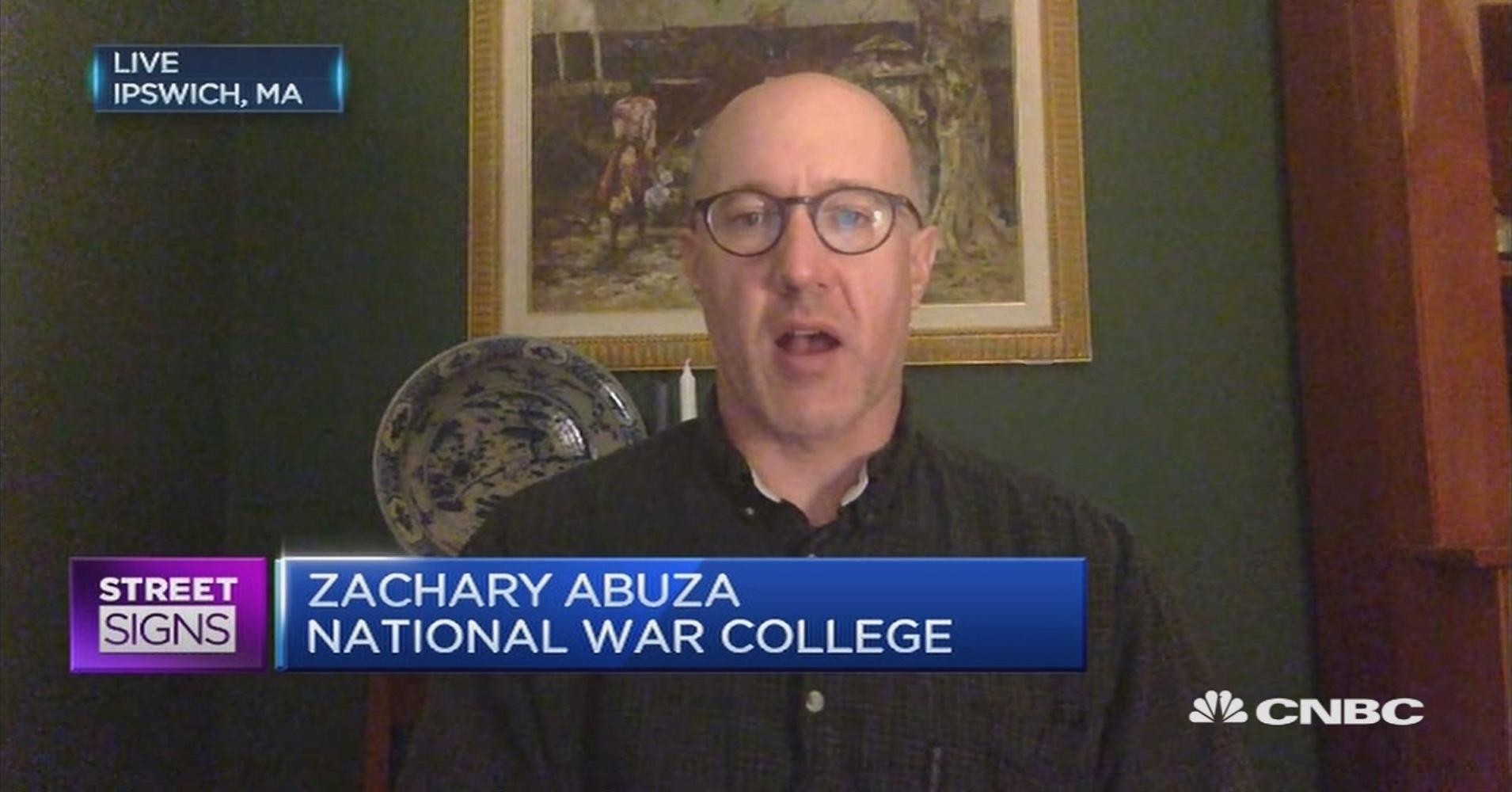US officials are assessing whether any of the estimated 1,000 Southeast Asians who traveled to Iraq and Syria in recent years are fighting in Catholic-majority Philippines. They fear ungoverned areas in the mostly Muslim region around Marawi could make the area a terror hub as in the 1990s.
Then, the Philippines was a base of operations for al-Qaida leaders like Khalid Sheikh Mohammed and Ramzi Yousef, who plotted in 1994-95 to blow up airliners over the Pacific. The plot was foiled. But the same men were instrumental in the 9/11 attacks on the United States.
Other nations share the fear. Singapore recently warned of IS exerting a radicalizing influence “well beyond” what that of al-Qaida and Jemaah Islamiyah ever mustered. Jemaah Islamiyah carried out major terror attacks around the region in the 2000s. IS already has been linked to attacks in Indonesia and Malaysia, and foiled plots in Singapore, this past year.
This month, Mattis told the region’s defense chiefs that “together we must act now to prevent this threat from growing.” In Congress this past week, he stressed intelligence sharing and nations like Singapore sharing the burden, rather than deploying U.S. troops.
More than 500 US special forces were based in the Mindanao region from 2002 to 2014, advising and training Filipino forces against the Abu Sayyaf, a group notorious for bombings and kidnappings. When it ended, Philippine and U.S. officials voiced concern the U.S. withdrawal “could lead to a resurgence of a renewed terrorist threat,” the RAND Corp. later reported. Months before the withdrawal, Abu Sayyaf pledged support to IS.
Supporting the Philippines isn’t straightforward in Washington. President Rodrigo Duterte is accused of overlooking and even condoning indiscriminate killings by his forces in a war on drugs. Thousands have died. But that campaign has involved mainly police and anti-narcotic forces, not the military leading the anti-IS fight.
Still, the Philippine government is partly to blame for Marawi’s violence, said Zachary Abuza, a Southeast Asia expert at the National War College. He said the root cause was the government’s failure to fulfill a 2014 peace agreement with the nation’s largest Muslim insurgency, which fueled recruitment for IS-inspired groups.
Ernst, who chairs a Senate panel on emerging threats, wants the US military to restart a higher-profile, “named operation” helping the Philippines counter IS. The Pentagon retains between 50 and 100 special forces in the region. At the request of the Philippine military, it has deployed a P3 Orion plane to Marawi. It gave more than 600 assault firearms to Filipino counterterrorism forces last week.
Duterte has retreated from threats to expel US forces from the Philippines as he seeks better ties with China. He said recently he hadn’t sought more US help, but was thankful for what he was getting.
“They’re there to save lives,” Duterte said.
source: philstar

